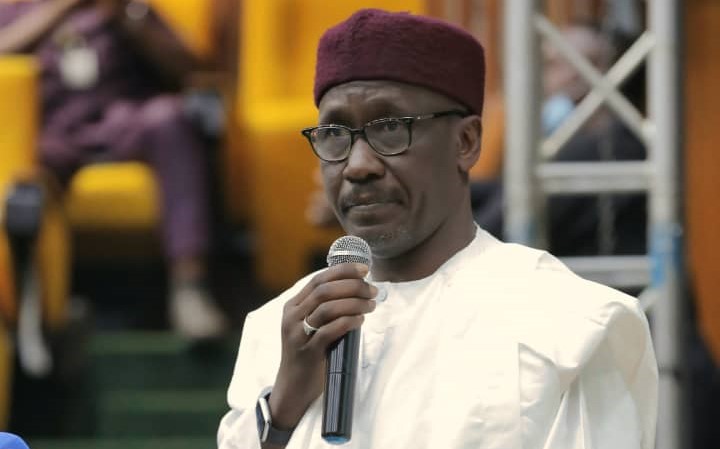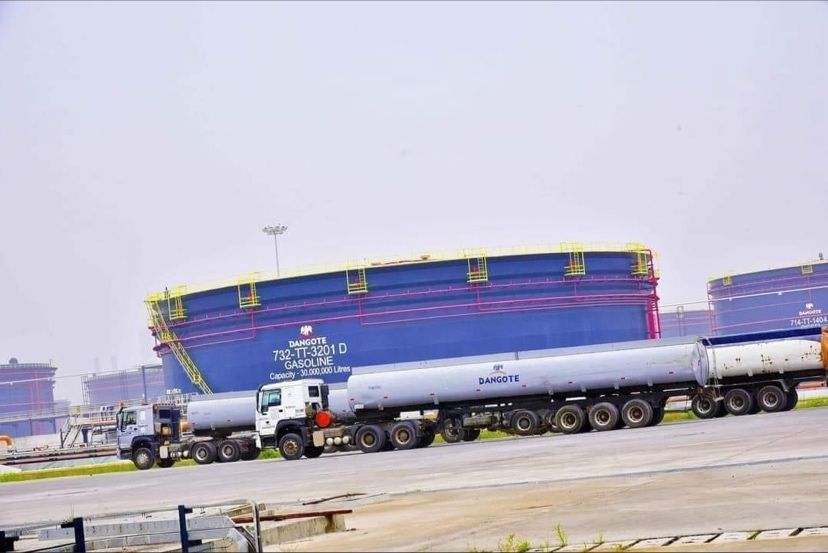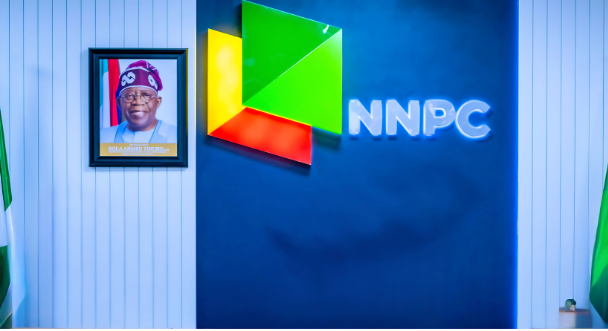by Engr Opeyemi Omolade
The defunct Nigerian National Petroleum Corporation (NNPC) has undergone a series of transitions from its old order to become the iconic commercially-driven national energy company-the NNPCL. The company is bestriding the nation’s oil sector, just now, like a colossus and ensuring that it keeps fidelity with the provisions of the extant laws and regulations that undergird its transformation into a company limited by shares.
The NNPCL thus finds legal basis in the Company and Allied Matters Act (CAMA), its Article and Memorandum of Association filed with the Corporate Affairs Commission (CAC) as a full CAMA company, the Petroleum Industry Act, 2021 (PIA, 2021), which is the game changer, and the relevant provisions of the Nigerian Constitution 1999 (as amended).
The name-change from the NNPC to NNPCL remains the most significant manifestation yet after President Muhammadu Buhari signed the Petroleum Industry Bill (PIB) into law in 2021 to set the stage for the series of transitions that have taken place in recent times.
But, then, some other significant changes had also taken place albeit they appear to have remained superficially the same, whereas they are fundamentally different.
One of them is the collective face of the leadership of the new company, to wit: Mr. Mele Kyari, who is the Chief Executive Officer (CEO). He was hitherto the Group Managing Director of the old NNPC. There is also Mr Umar Ajiya, the Chief Financial Officer (CFO) who was the Group Executive Director (Finance and Accounts) in the defunct NNPC.
Both men had become functus officio at the old NNPC before their new appointments by President Buhari as CEO and CFO respectively in the NNPCL. As it is, they operate under a new regime of engagement circumscribed by the relevant provisions of the PIA and extant government circular(s). The most remarkable term of engagement is the fact that their new appointments are tenured.
Section 59(3) of the PIA stipulates the conditions that must be considered in appointing the CEO and the CFO of the NNPCL. Kyari and Ajiya had satisfied the conditions precedent, having first retired, through the process of internal management of the transition process, from the old NNPC to enable them fit into the new leadership positions in the NNPCL as intended by the PIA.
Industry watchers consider the leadership transformation appropriate in aid of some form of continuity that will enable the deployment of knowledge and experience about the running of the old NNPC and blending of the same in the context of institutional memory to deal with the challenges of the new commercially-driven enterprise for smooth resolutions of possible hitches and conflicts in the early transition period of the company.
They can subsequently build a template on which the enterprise can run so that successive leadership can incrementally add values to it. It is in the context of the above rationalization that they consider the transition of Kyari and Ajiya to the headship of the NNPCL apposite.
By May 29, this year, a new administration will be inaugurated. President-elect, Senator Bola Ahmed Tinubu, will step in the saddle as President and Commander-in-Chief. Depending on the body of reforms he would be bringing into his government, he may either retain the position of Minister of Petroleum or unbundle it from his office just as former President Goodluck Jonathan did when he was in the saddle.
Whichever route that Tinubu decides to take, administrative actions in relation to the operations of the NNPCL must necessarily align with the provisions of the PIA which, as it stands today, has clearly provided for governance, administration and the appointment of a CEO, a CFO and a Board of Directors by the President. That is the law. The statute stipulates provisions for leadership change. That is how it should be.
The power to hire and fire must reside in a constituted authority expressly provided for in the laws setting up companies, statutory agencies and such others.
It is therefore imperative for the administration to ensure that the NNPCL runs profitably by deploying the provisions of the PIA in their entire ramifications. The commercial enterprise should be run in accordance with the appropriate extant laws as all eyes are on Nigeria by the International Oil Companies (IOCs) to see if it would be business as usual or business unusual.
Business as usual will largely affect IOCs’ confidence in their business dealings with Nigeria. Western nations believe in a legal system that works. They believe in the capacity of the law(s) to regulate and govern the ecosystem of business transactions, especially in the critical oil sector.
The instances of impunity-administrative decisions taken in the governance of the sector that were inconsistent with the provisions of the extant laws-have created doubts in the IOCs and restrained them from full commitment to maximum investments in the nation’s oil sector.
It is wisdom for them to err on the sides of caution in a situation where the government and regulators are acting out of sync with the laws that they enacted to regulate operations in the sector.
For instance, a secure five-year tenure for the CEO and the CFO is one of the good starting points to showcase the commitment by the administration to compliance with the provisions of the PIA and other extant laws governing the oil sector.
One is not saying that the appointment of the CEO or the CFO cannot be determined if and when such decision becomes necessary, the point that needs be stressed is that even if such administrative action is tainted by politics, prejudices, whims and caprices of some constituted authorities, the laid-down procedures for disengagement as circumscribed in the Act must be allowed to preponderate other extraneous in the circumstance.
Suffice it to say that it must be done in strict compliance with the law-to wit: the provisions of the PIA.
In the meantime, it is important that in order to clear the present fog over certain aspects of the transition(s) from the NNPC to NNPCL, government needs to engage more with Nigerians.
Nigerians need to know how the NNPCL, a national asset in which they all have a stake, is being run. More communication will not be out of place to aid greater understanding of the transition process. This time round, the opacity in the management of public finance in the old NNPC would obligatorily give way in the new dispensation. Therefore, it is expected that the transition(s) would bring about a high level of transparency and accountability in the management of our commonwealth.
Omolade, an expert in Forensic Geology, Hydrogeology, Well Drilling and General Engineering writes in from Apapa, Lagos.























Leave a comment